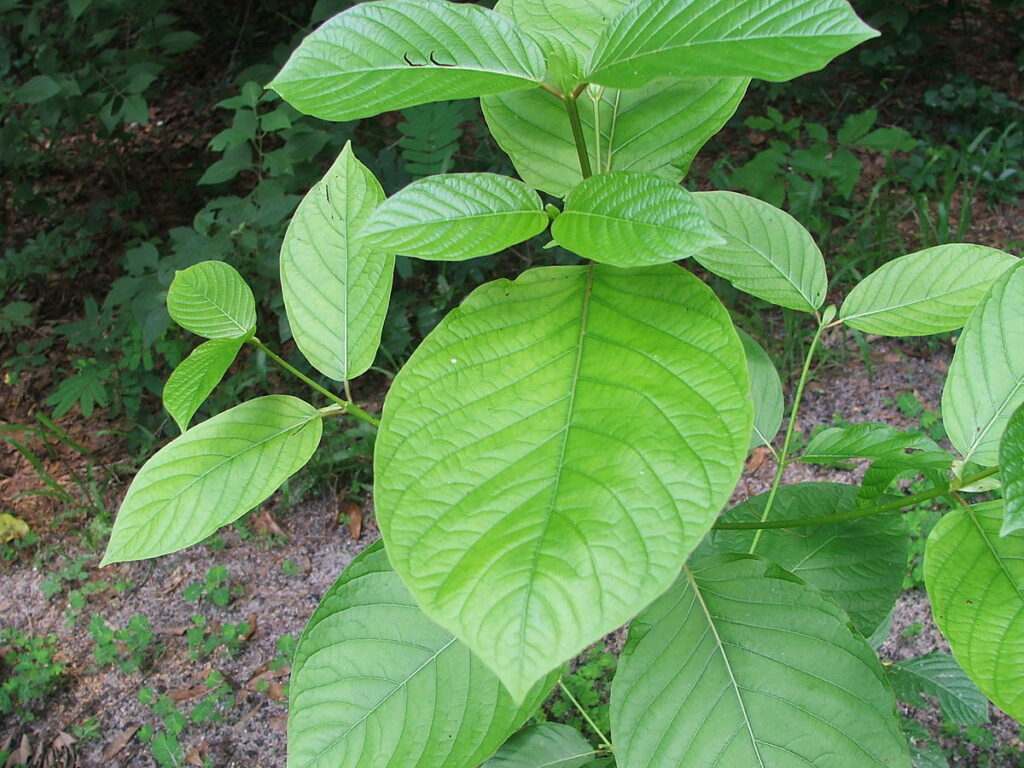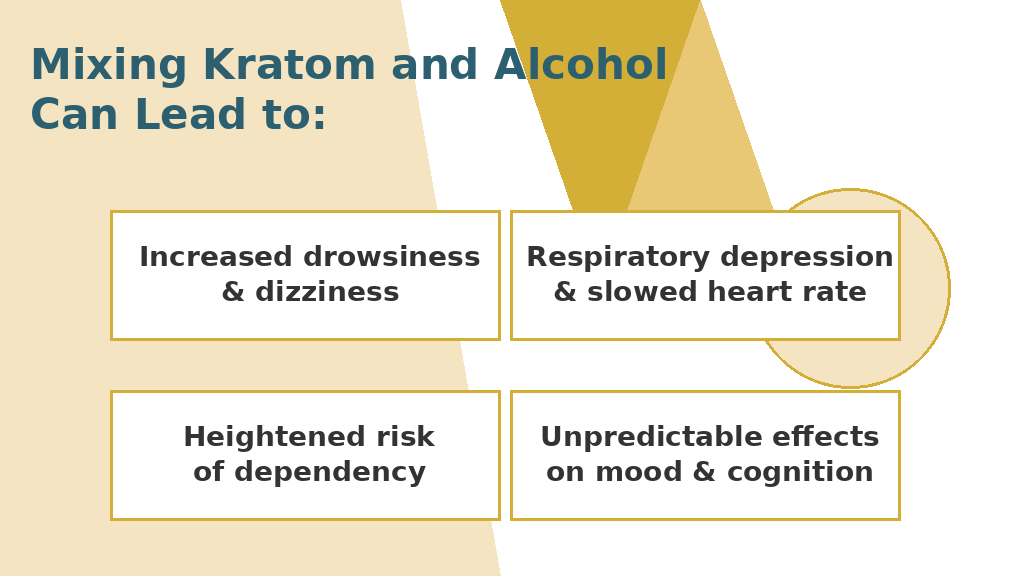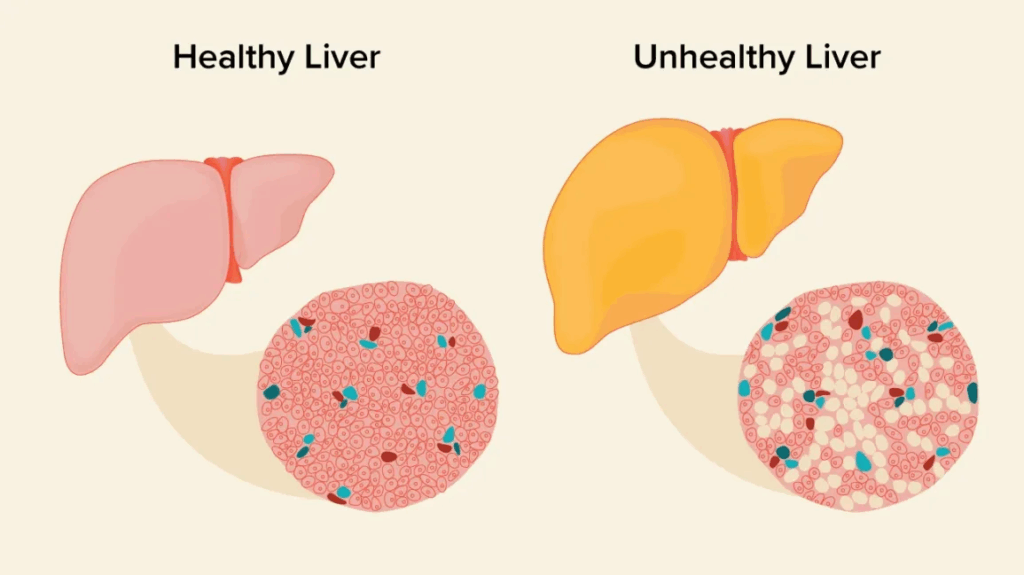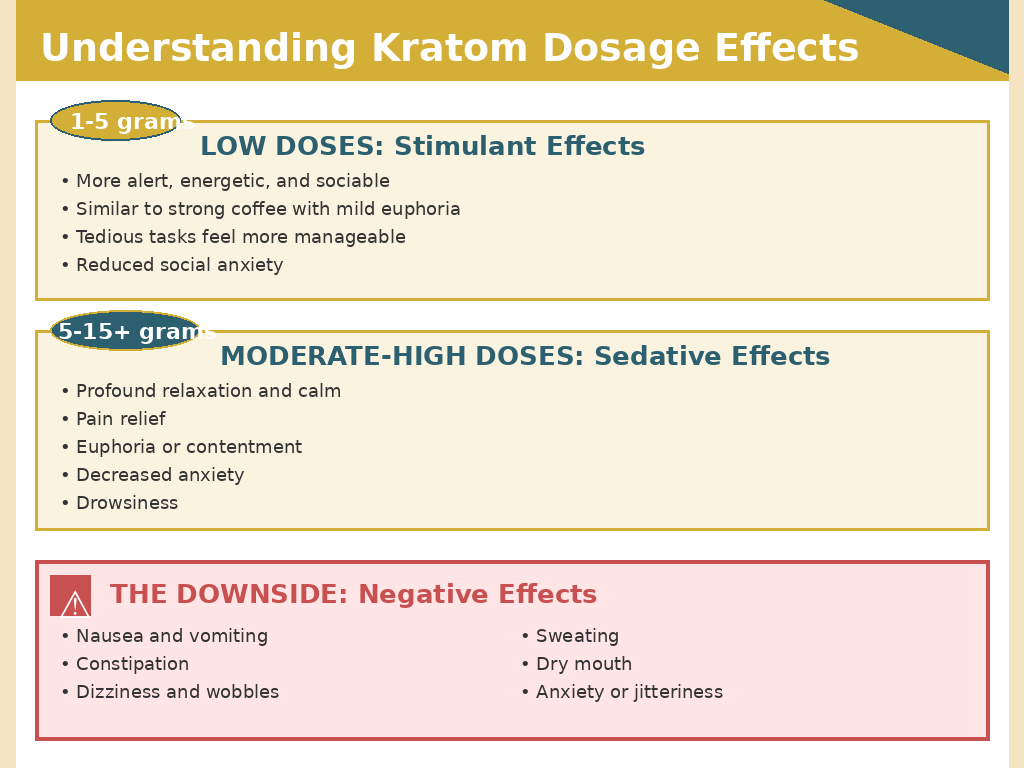⚠️Visitors to our site are often searching for information because they, their friend, or a family member has unfortunately fallen into use of dangerous substances. If you or a loved one is struggling, please call us for help, we can verify if your insurance qualifies for medically assisted care.⚠️
Don’t hesitate to call our admissions department at (855) 855-9593 or click the button below to get substance abuse help for yourself or a loved one.
We can help end your battle with addiction for good,
Call us now to get immediate assistance and take the first step toward a healthier you.
The question comes up more often than you’d think: “Is it safe to have a few drinks while taking kratom?” It’s a conversation we hear regularly at Golden Road Recovery, usually followed by reassurances that kratom is “natural” or “just an herbal supplement.” Here’s the uncomfortable truth—mixing Kratom and Alcohol is potentially lethal, that green powder marketed as a wellness product and your evening cocktail create a deadly combination when mixed together. The rise of kratom across America has brought with it a wave of misconceptions, dangerous drug interactions, and emergency room visits that could have been prevented with better information.
Let’s cut through the noise and explore what actually happens when you mix kratom and alcohol, because understanding the risks might just save your life—or point you toward the help you need.
The Kratom Phenomenon: What You’re Really Dealing With
Before we dive into the dangers of mixing alcohol and kratom, it’s essential to understand what kratom actually is. Derived from the leaves of Mitragyna speciosa, a tree native to Southeast Asia, kratom has been used traditionally for centuries. In recent years, it’s infiltrated American wellness shops, gas stations, and online marketplaces with promises of pain relief, increased energy, and even opioid withdrawal support.

Here’s where things get murky: The FDA has raised serious concerns about kratom, particularly regarding products containing 7-hydroxymitragynine (7-OH), a compound that can cause serious harm. The DEA has identified kratom as a “Drug of Concern”, noting its potential for abuse and dependence. Meanwhile, research published in Frontiers in Public Health highlights the complex pharmacological profile of kratom and its associated health risks.
The active compounds in kratom—mitragynine and 7-hydroxymitragynine—interact with opioid receptors in your brain. At lower doses, kratom acts as a stimulant. At higher doses, it produces sedative and opioid-like effects. This dual nature makes it particularly unpredictable, especially when you throw alcohol into the mix.
What Happens When You Mix Kratom and Alcohol
The short answer? Nothing good. Can you mix kratom and alcohol? Technically, yes—people do it. Should you? Absolutely not. Here’s why the combination is particularly treacherous.

The Compounding Sedative Effect
Both kratom (at higher doses) and alcohol are central nervous system depressants. When you combine them, you’re essentially pressing the “slow down” button on your body’s operating system twice. This compounding effect can lead to:
- Severe respiratory depression: Your breathing can slow to dangerous levels, potentially leading to oxygen deprivation
- Extreme sedation: Beyond simple drowsiness, we’re talking about the inability to wake up or respond to stimuli
- Loss of consciousness: Passing out may seem innocuous, but when combined with respiratory depression, it can be fatal
- Increased risk of overdose: The line between “feeling good” and “medical emergency” becomes razor-thin
The Liver Takes the Hit
Your liver is the unsung hero that processes both alcohol and kratom. When forced to metabolize both simultaneously, it becomes overwhelmed. According to Mayo Clinic research, kratom has been associated with liver damage, and we know alcohol is hepatotoxic. Together, they create a perfect storm for liver injury, potentially leading to:
- Acute liver inflammation
- Elevated liver enzymes
- Long-term hepatic damage
- Increased vulnerability to cirrhosis

Cognitive Impairment Multiplied
If you’ve ever been drunk, you know alcohol impairs your judgment, coordination, and reaction time. Kratom adds its own layer of cognitive fog. The combination can result in:
- Severe disorientation and confusion
- Dangerous decision-making
- Inability to recognize when you’re in medical distress
- Memory blackouts that are more profound than alcohol alone
The Nausea Factor
Both substances can cause gastrointestinal distress independently. Together, they often trigger intense nausea and vomiting—which becomes particularly dangerous when you’re sedated and at risk of aspiration (inhaling vomit into your lungs).
We can help end your battle with addiction for good,
Call us now to get immediate assistance and take the first step toward a healthier you.
What Shouldn’t You Take With Kratom?
Beyond alcohol, kratom has dangerous interactions with numerous substances. If you’re using kratom—even occasionally—you should avoid combining it with:
Central Nervous System Depressants:
- Benzodiazepines (Xanax, Valium, Klonopin)
- Opioids (prescription painkillers, heroin, fentanyl)
- Sleep medications (Ambien, Lunesta)
- Barbiturates
Stimulants:
- Cocaine
- Methamphetamine
- ADHD medications (Adderall, Ritalin)
- Excessive caffeine
Psychiatric Medications:
- Antidepressants (particularly MAOIs)
- Antipsychotics
- Mood stabilizers
Other Substances:
- Certain over-the-counter medications (dextromethorphan in cough syrups)
- Supplements that affect serotonin levels
- Grapefruit juice (which can intensify kratom’s effects)
The fundamental issue is that kratom’s pharmacological effects are complex and not fully understood. Its interactions with other substances create unpredictable—and potentially lethal—consequences.
What Drugs Can You Not Take With Alcohol?
Speaking of dangerous combinations, alcohol’s interaction profile is extensive. Beyond kratom, these substances create serious risks when mixed with alcohol:
| Substance Category | Risks When Combined with Alcohol |
| Opioid Painkillers | Severe respiratory depression, overdose, death |
| Benzodiazepines | Extreme sedation, respiratory failure, coma |
| Antidepressants | Increased depression, impaired motor control, overdose |
| Sleep Medications | Dangerous sedation, parasomnia, respiratory issues |
| Antihistamines | Excessive drowsiness, dizziness, overdose risk |
| NSAIDs (Ibuprofen, Aspirin) | Stomach bleeding, ulcers, liver damage |
| Acetaminophen | Severe liver damage, liver failure |
| Stimulants | Dangerous cardiovascular stress, arrhythmias, masking intoxication |
The pattern becomes clear: alcohol doesn’t play nicely with much of anything. It’s a substance that demands respect, and when you ignore that by mixing it with other drugs, you’re gambling with your health.
We can help end your battle with addiction for good,
Call us now to get immediate assistance and take the first step toward a healthier you.
What Is Kratom High Like?
Understanding the subjective effects of kratom helps explain why people are tempted to mix it with alcohol—and why that temptation is so dangerous.
The kratom experience varies significantly based on dose:
Low Doses (1-5 grams): At lower amounts, kratom produces stimulant-like effects. Users report feeling more alert, energetic, and sociable—similar to a strong cup of coffee but with a mild euphoric edge. Some describe it as making tedious tasks feel more manageable or social situations less anxiety-inducing.
Moderate to High Doses (5-15+ grams): This is where kratom shifts gears. The effects become sedative and opioid-like, with users experiencing:
- Profound relaxation and calm
- Pain relief
- Euphoria or contentment
- Decreased anxiety
- Drowsiness
The Downside: The kratom high isn’t all bliss. Common negative effects include:
- Nausea and vomiting (especially at higher doses)
- Constipation
- Dizziness and wobbles
- Sweating
- Dry mouth
- Anxiety or jitteriness (particularly at lower stimulant doses)
Some users report that mixing alcohol and kratom initially feels like it enhances the euphoric aspects of both substances. However, this perceived benefit is short-lived and quickly gives way to the dangerous effects we’ve discussed.

How Long Does Kratom High Last?
Timing matters when we’re talking about substance interactions. Kratom’s effects typically begin within 10-20 minutes of ingestion and can last anywhere from 2-5 hours for most users, though some effects may linger longer.
Several factors influence duration:
- Dosage: Higher doses produce longer-lasting effects
- Strain: Different kratom strains have varying alkaloid profiles
- Individual metabolism: Body weight, liver function, and tolerance all play roles
- Method of consumption: Tea versus capsules versus powder affects absorption
Here’s why this matters for mixing kratom and alcohol: both substances have relatively long half-lives in your system. Even after the subjective “high” wears off, the compounds are still active in your body, continuing to interact and potentially causing problems. You can’t simply wait an hour and assume it’s safe to drink—the interaction window extends much longer than the perceptible effects.
We can help end your battle with addiction for good,
Call us now to get immediate assistance and take the first step toward a healthier you.
What Organs Are Affected By Kratom?
The kratom debate often focuses on addiction potential, but the physical toll on your body deserves equal attention. Can you drink on kratom without consequences? Not if you value these vital organs:
The Liver: As mentioned, kratom is metabolized primarily by the liver. Reports of kratom-induced hepatotoxicity have emerged, with some users developing cholestatic liver injury—a condition where bile flow from the liver is impaired. When you add alcohol to this equation, you’re doubling down on hepatic stress.
The Kidneys: While less commonly discussed, kratom can affect kidney function, particularly with chronic use. Cases of acute kidney injury have been reported, potentially related to rhabdomyolysis (muscle breakdown) or direct nephrotoxicity.
The Heart: Kratom can influence cardiovascular function, potentially causing:
- Increased heart rate
- Elevated blood pressure
- Arrhythmias (irregular heartbeat)
- In severe cases, cardiomyopathy
The Brain: Beyond the immediate psychoactive effects, chronic kratom use may impact:
- Cognitive function and memory
- Mood regulation (some users experience depression upon cessation)
- The reward circuitry, potentially leading to addiction
The Gastrointestinal System: Kratom notoriously causes constipation—a side effect it shares with opioids. It can also lead to:
- Nausea and vomiting
- Loss of appetite
- Weight loss
When you layer alcohol on top of kratom use, each of these organ systems faces amplified stress. Your liver is processing two toxic substances simultaneously. Your brain is receiving conflicting signals. Your heart is trying to maintain equilibrium while under chemical siege.
The Path Forward: Why This Matters at Golden Road Recovery
At Golden Road Recovery, we don’t share these warnings to lecture or fear-monger. We share them because we’ve witnessed firsthand the consequences of mixing kratom and alcohol—and because we’ve also seen people reclaim their lives once they step away from these dangerous combinations.
The conversation around kratom is complicated. Some individuals turned to it hoping to manage pain or even to ease off harder substances. We understand that impulse. But here’s what we know with certainty: substituting one substance for another, or mixing multiple substances together, isn’t recovery—it’s trading one set of problems for another.

When Social Use Becomes Something More
Perhaps you’ve mixed alcohol and kratom casually, at a party or to “take the edge off” after work. Maybe it seemed harmless at first. But substance use has a way of progressing quietly, almost imperceptibly, until you realize you’re in deeper than you intended.
Signs that kratom and alcohol use may be problematic include:
- Increasing frequency or amounts of either substance
- Using one substance to counteract the effects of another
- Difficulty stopping once you start
- Organizing your day around substance use
- Continuing despite negative consequences
- Experiencing withdrawal symptoms when you try to stop
You Don’t Have to Navigate This Alone
If you’re reading this and recognizing yourself in these descriptions—if mixing kratom and alcohol has become part of your routine, or if you’re concerned about your relationship with either substance—we want you to know something important: help is available, and recovery is possible.

At Golden Road Recovery, we specialize in treating substance use disorders with compassion, evidence-based therapies, and a deep understanding of the complexities of addiction. Whether you’re struggling with alcohol, kratom, prescription medications, or multiple substances, our comprehensive treatment programs are designed to address not just the symptoms, but the underlying factors driving your use.
The Bottom Line
Can you mix kratom and alcohol? Technically, people do. Should you? Absolutely not. The combination creates a cascade of health risks—from liver damage and respiratory depression to potentially fatal overdose. Both substances affect multiple organ systems, and their interaction is unpredictable and dangerous.
If you’ve been experimenting with mixing these substances, or if you find yourself unable to stop using either one, it’s time to reach out for help. The path to recovery doesn’t require you to hit rock bottom first. It simply requires the courage to take that first step.
At Golden Road Recovery, we’re here to walk that path with you. Our team of medical professionals, therapists, and recovery specialists understands the challenges you’re facing, and we’re committed to providing the support you need to build a healthier, substance-free life.
Don’t wait for a medical emergency to make the change. Reach out today, and discover that life on the other side of addiction is richer, more fulfilling, and infinitely safer than anything kratom and alcohol could ever offer.
We can help end your battle with addiction for good,
Call us now to get immediate assistance and take the first step toward a healthier you.




